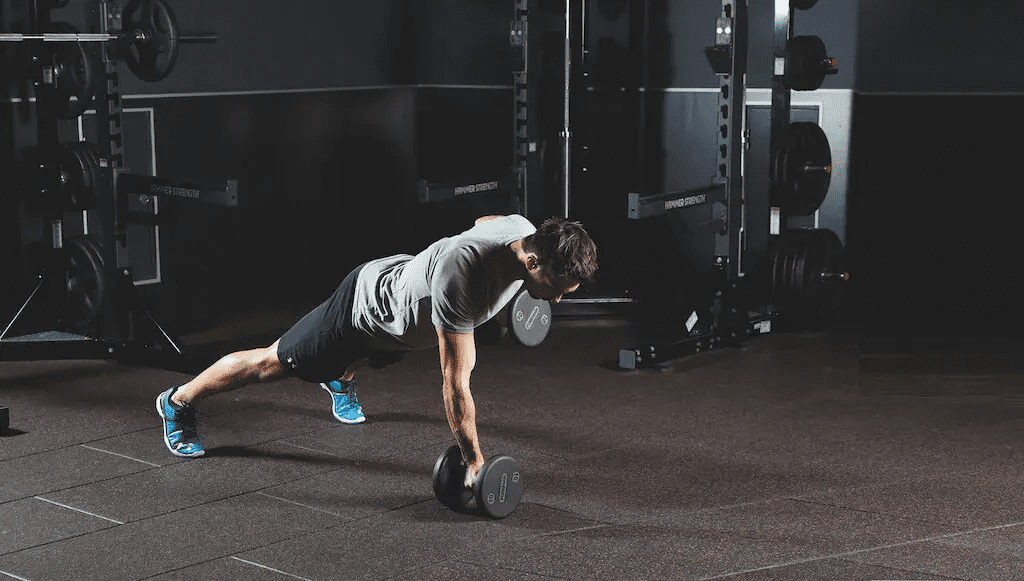Picture: Men's Fitness
Do people who exercise a lot age faster?
The never ending learning to develop awareness, understanding, knowledge, application, and practicing as a good habit for own self growth and enabling to be shared with an immediate family members and close associates.

By Berg
Photo Credits: Pexels
Do people who exercise a lot age faster?
Yes and no. It depends on what you mean by “a lot.”
On one hand, four of the best predictors for longevity are:
1. Lean muscle mass
2. Leg strength
3.Cardiorespiratory endurance
4. Physical mobility and flexibility
All of these qualities are achieved almost exclusively through regular exercise. So regular exercise will help you live longer and this what everyone wanted to achieve. Want to, wish to, hope to, dream to, tomorrow will do but without doing and practicing as way of life, it will lead to nowhere.
In fact, physical fitness actually decreases your so-called “fitness age”, which is a better predictor of longevity than your chronological age. So if you are fifty years old but have a fitness age of thirty, you’d be expected to live longer than another fifty-year-old with a fitness age of seventy.
In other words, people who are physically fit actually age slower than others. And being physically fit requires regular exercise.
On the other hand, extreme endurance exercise can lead to potentially fatal heart damage. It can also compromise your lean muscle mass, leg strength and mobility, thus affecting your longevity.
In this context, “extreme endurance exercise” means regularly training for and competing in events such as marathons, ultramarathons, ironman distance triathlons, and very long distance bicycle or cross-country skiing races.


